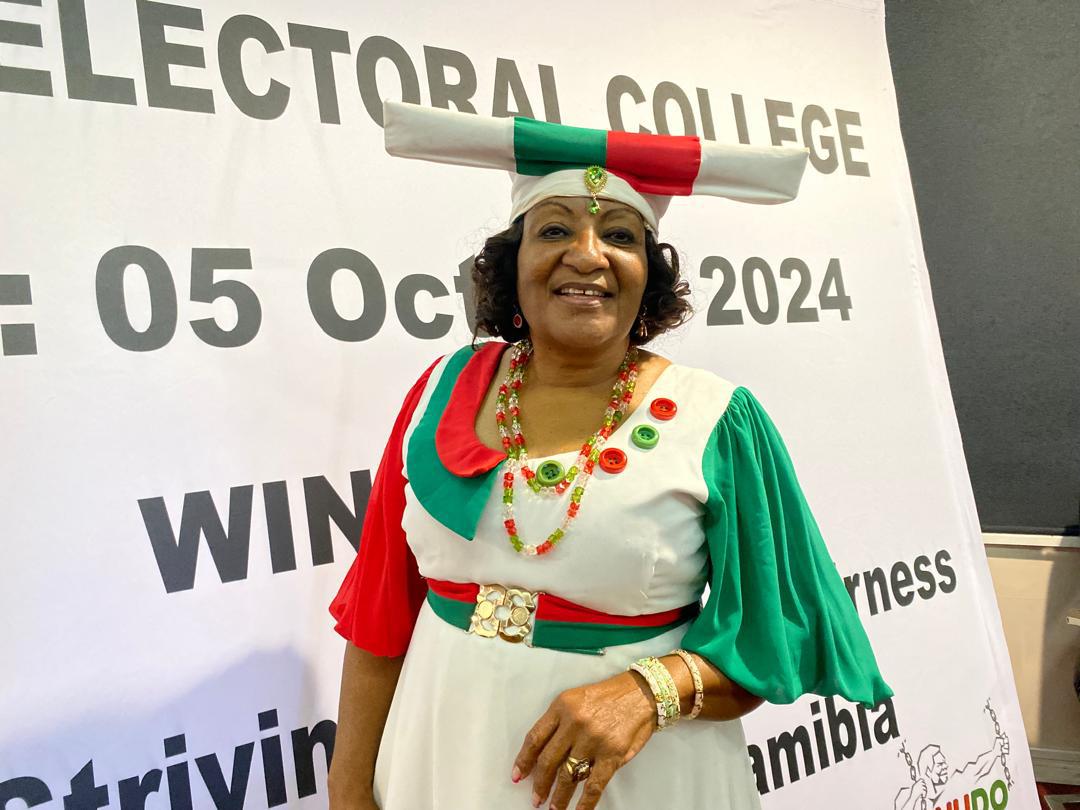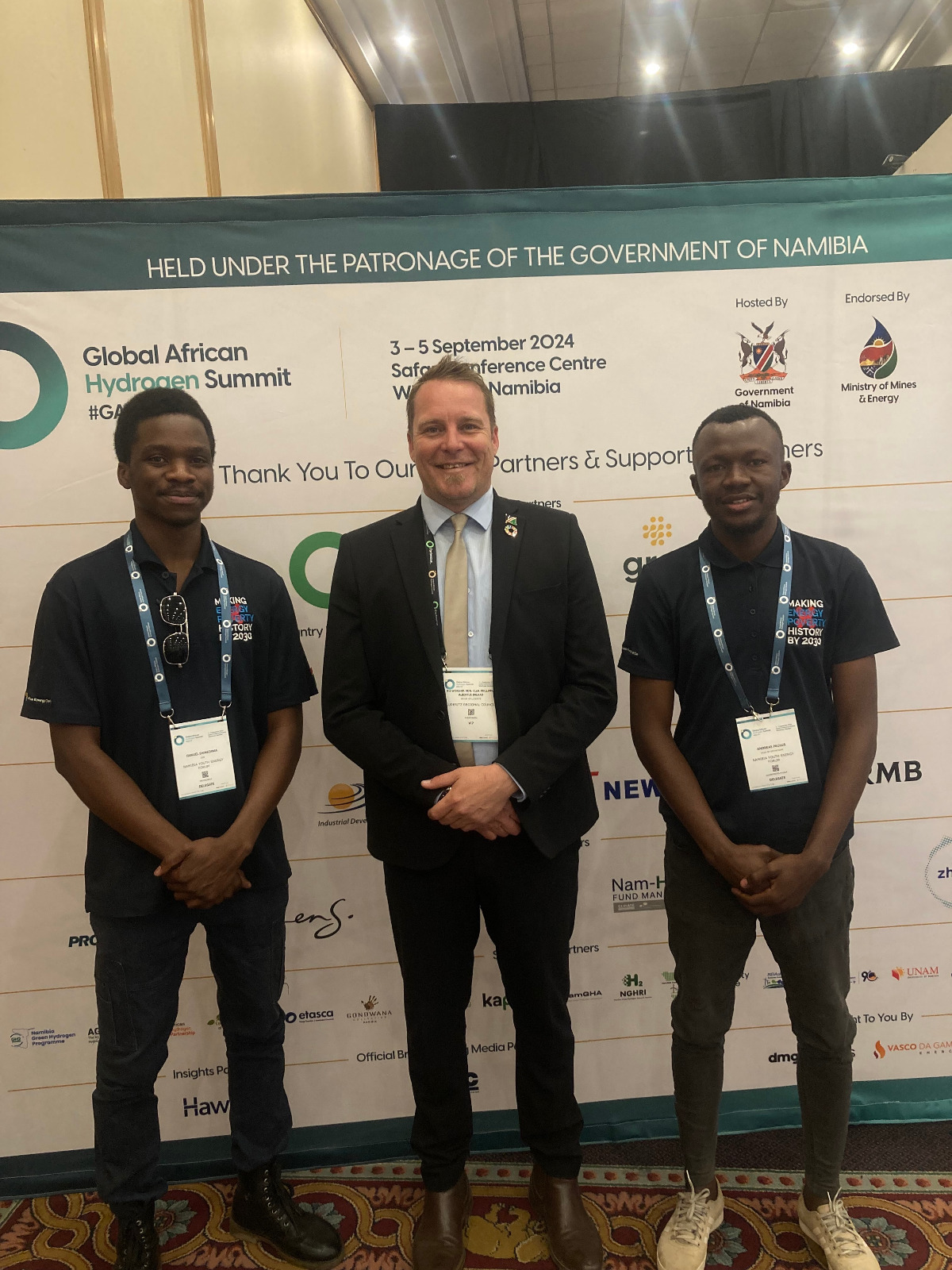Tate wetu wuli meulu edina loye nali yapulwe ouhamba woye nauwu uye…” I was stuck. I could not remember the rest of the Lord’s Prayer in Oshikwanyama.
I could only say it in English. This realisation just showed me how far I was moving from my roots. Many African languages, along with their cultures, are being swallowed up by English and the majority of our population remains silent in this regard.
Today, most of Namibian children who go to English-medium schools cannot speak their native languages without diluting them with English, and few can say the months of the year in their home languages. We listen to international music, read English books and neglect the Khoekhoegowab, Oshiwambo, Kavango, Otjiherero, Caprivi (not that there are many) ones, and watch English television programmes.
Although this may be viewed as a leap or stride towards civilisation, I personally see it as a steep fall into annihilation of all that our forefathers held dear.
Yes, English is the language of technology and international communications, but does it have to bulldoze other languages into extinction or into non-existence? To a large extent, it is our fault for allowing this to happen, and we need to revive pride and fondness in our cultures. If we abandon our cultures and our roots, then truly we shall be lost.
However, no matter who is to blame, there is no question as to whether English is a threat to African cultures or not – because it is. The only question is how we are going to react to this threat.
Hambeleleni Paulus is a Grade 9 pupil at Immanuel Shifidi Secondary School in Windhoek. She likes to inspire others through writing.
Stay informed with The Namibian – your source for credible journalism. Get in-depth reporting and opinions for
only N$85 a month. Invest in journalism, invest in democracy –
Subscribe Now!






